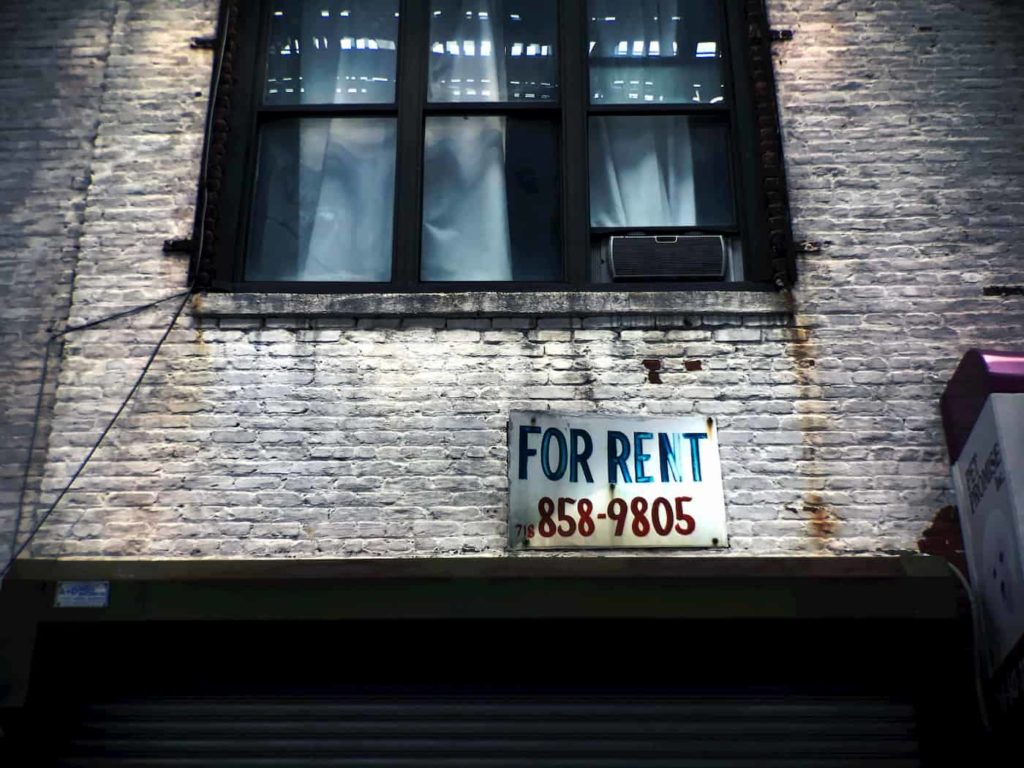Late last year, Oregon passed a statewide rent control policy — the first of its kind in the country. At the same time, the Oregon Legislature also banned no-cause evictions. It’s too early to know precisely how these new regulations will affect Oregon’s rental market. In the meantime, investment property owners must familiarize themselves with these new ordinances and make adjustments to their rental policies. If you’re a rental home owner, here are three things you should know about Oregon’s new rent control laws:
Rent Increases are Now Capped
[Update: In August 2020, Home Forward — the organization that administers Section 8 fund in Multnomah County — announced that there would be no rent increases in 2020. Additionally, in late September, Portland Mayor Ted Wheeler announced that any Portland rent increase would automatically trigger a relocation assistance payment.]
In an attempt to stop significant rent increases, which sometimes acted as de-facto evictions, the new law caps rent increases at 7% plus inflation during any 12-month period. Every September, state economists will establish the acceptable rent increase for the upcoming year using the Consumer Price Index for Western States. For 2020, the rent increase cap is set at 9.9%. There are a few exemptions to the new law. For example, the limit doesn’t apply to buildings that are less than 15 years old, which is an attempt not to damper new housing construction. The new law also doesn’t apply to government-subsidized rents. In addition, there is no limit on rent increases if a tenant decides not to renew their lease. So far, rental rates are rising at a lower percentage than the allowed cap. However, the real impact of this policy is still unclear.
There’s a New Ban on No-Cause Evictions
In addition to capping rent increases, the Oregon Legislature also banned no-cause evictions. The new regulations require landlords to cite a cause when evicting tenants after their first year. For month-to-month renters, the no-cause eviction ban goes into effect on the first lease renewal after March 30th. For tenants on a fixed-term lease, the new law goes into effect on the first lease renewal after February 28th.
As with the rent cap legislation, there are exceptions to the new no-cause eviction ban. Property owners can still evict tenants who violate terms of their lease — like failing to pay rent. Landlords may also evict tenants without cause after their first year with a 90 days’ notice. There are a few acceptable “landlord-based” for-cause evictions, however, including:
- A property owner plans on demolishing the home or repurposing it into something other than a residence.
- The property owner plans to renovate or repair the home in a way that will make it unfit or unsafe to occupy.
- The property owner or family member plans to move into the home when there are no other comparable units available in the same location.
- A property owner accepts a buyer’s offer to purchase the home, and the buyer intends to move in.
In these instances, property owners may provide the tenant a 90 days’ notice and pay them a relocation fee equal to one month’s rent. Property owners who own fewer than four rental units are exempt from paying the relocation fee.
Landlords Who Violate Rent Control Laws Face Penalties
These new regulations include stiff penalties for property owners who violate rent control and eviction ordinances. An illegal rent hike or wrongful termination could result in the property owner paying the wronged tenant three months’ rent plus actual damages. So, it’s in the property owner’s best interest to abide by these new laws.
Rental Laws Are Complicated
There are real financial benefits to owning investment properties. However, the passive income owners earn from their rentals often come with a lot of headaches. Between maintenance and repair tasks, administrative responsibilities, and dealing with tenants, self-managing rental properties can be too much work for many people. Now, adding these new rent control laws to work that is already challenging could be the tipping point that pushes people away from becoming investment property owners. Fortunately, with the help of a great property manager, you can enjoy the benefits of owning investment properties without any of the hassles.
Rent Portland Homes by Darla Andrew, employs a team of experts who oversee all our rental homes. Part of our job is understanding and implementing new state and municipal regulations that impact our clients. Our property managers walk each of our clients through these changes and provide expert advice for continuing to maximize their investment returns. Also, our team handles the day-to-day responsibilities of rental ownership, so our owners don’t have to. If you’d like to learn how we can help you run a successful investment property, contact us today. You can call Darla at (503) 515-3170 or fill out the contact form on our website.
